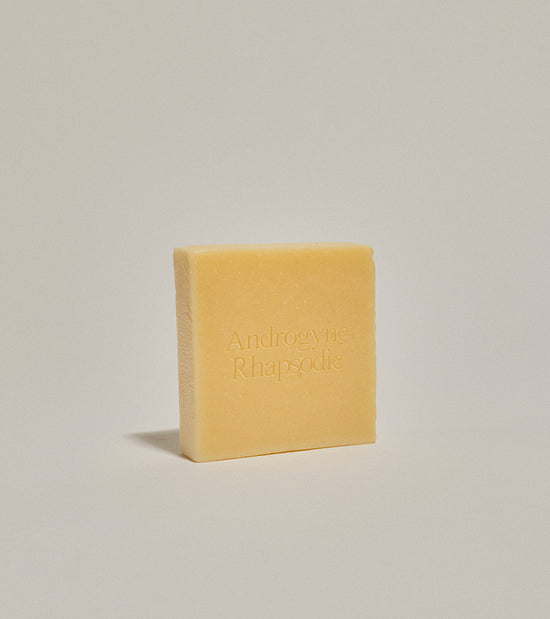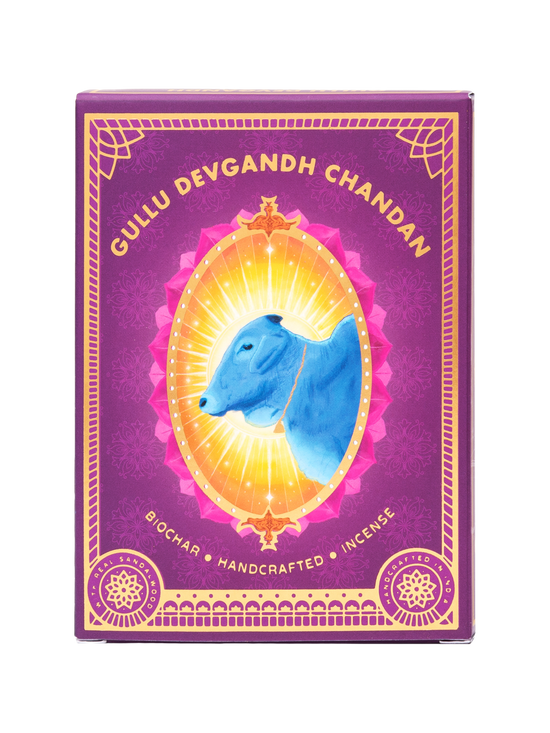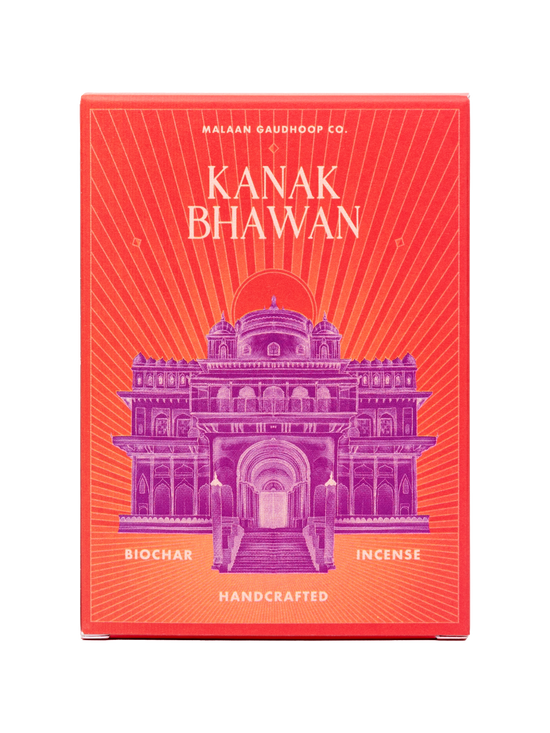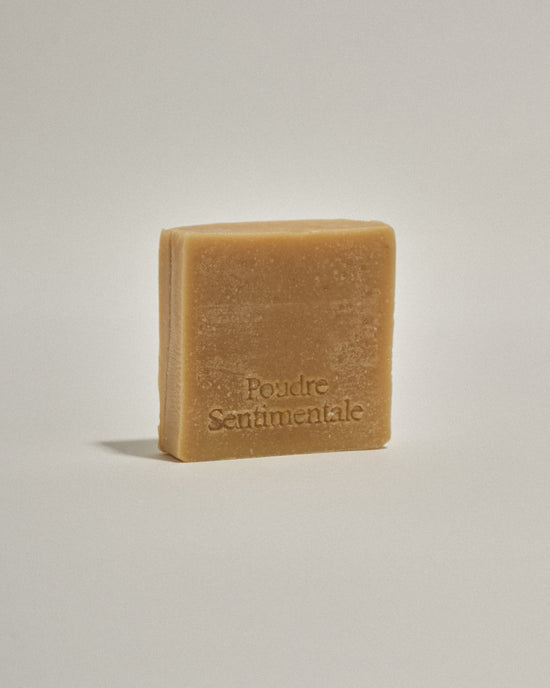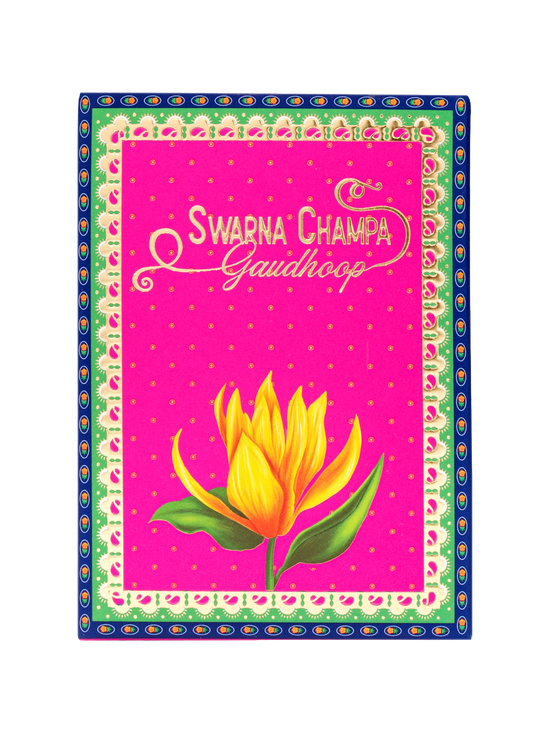I still feel a slight shock when, browsing perfume online, I find it under the “cosmetic” header. To call a perfume a cosmetic is to suggest that we only use it to enhance or extend a stable version of ourselves out into the world. It’s a convenient tool for advertisers, especially when it comes to gender—but it ignores that rare, exciting moment when a friend or a stranger wears something surprising, making us question what we think we know about them. And what of that other possibility, the possibility of surprising ourselves? Since when are our identities perfectly stable? Since when do we know every facet of who we are?
Perhaps this is why I struggle with some modern “unisex” perfumes, despite brands’ good intentions. Perfume is a deeply conservative industry, often reinforcing gender roles with patronizing and stereotyping marketing campaigns, and whose sales associates assume (perhaps rightly, unfortunately) that their clientele will need to be pointed to the “correct” side of the counter before they embarrass themselves by browsing the other side. The modern unisex perfume can feel like a needed correction. I also believe the oft-repeated axiom that anyone of any gender can wear whatever they like. I simply wonder if too many believe the argument stops there, before it gets started.
The philosopher Judith Butler famously wrote that all gender is a performance— not in the sense that it is insincere or fake, but in the same sense that a ritual or a song is performed. No one says the phrase “I pronounce you man and wife” doesn’t matter because it is spoken aloud in front of an audience. We perform gender for the world, but we also perform for ourselves— we “do” gender in order to maintain our world. Perfume, like gender, traverses these boundaries between public and private, helping us negotiate between the way we see ourselves and the ways we wish to be seen. But there are perfumes that flip the terms of that negotiation, that reveal ourselves to ourselves. The notes and structures that determine classically masculine or classically feminine perfumes may be arbitrary and overly rigid, but they are also the field on which we play.
Robert Piguet’s Bandit, created by Germaine Cellier and first released in 1944, was one such perfume for me. When I first smelled it, I was at the tail end of a years-long process of coming out to myself as bisexual. I didn’t like it, at first; I couldn’t imagine someone wishing to smell so mulchy. But despite being a dark perfume, prickly and standoffish, it also has a cutting (and, to my nose, unmistakably queer) sense of humor— as if to say, “I’m claiming every drop of masculinity as mine, good taste be damned.” I slowly realized I wanted to claim that audacity, both serious and knowingly over-the-top, for myself. Bandit, like other perfumes I love, translated something about myself that I didn’t know I even wanted to say in the first place.
I go to perfume for a kind of shock, an encounter with the stranger I sometimes am to myself. I wonder if some of the unisex perfumes of today do not so much play with gender as avoid the game altogether. Contrary to what the advertisers and focus groups assume, I am not interested in presenting myself to the world fully formed, and using perfume as a transparency. I go to perfume to run up against the unexpected, to discover new islands in the territory of my self— to play.
Lindsey Law is a poet and perfume obsessive based in Salt Lake City, Utah.
